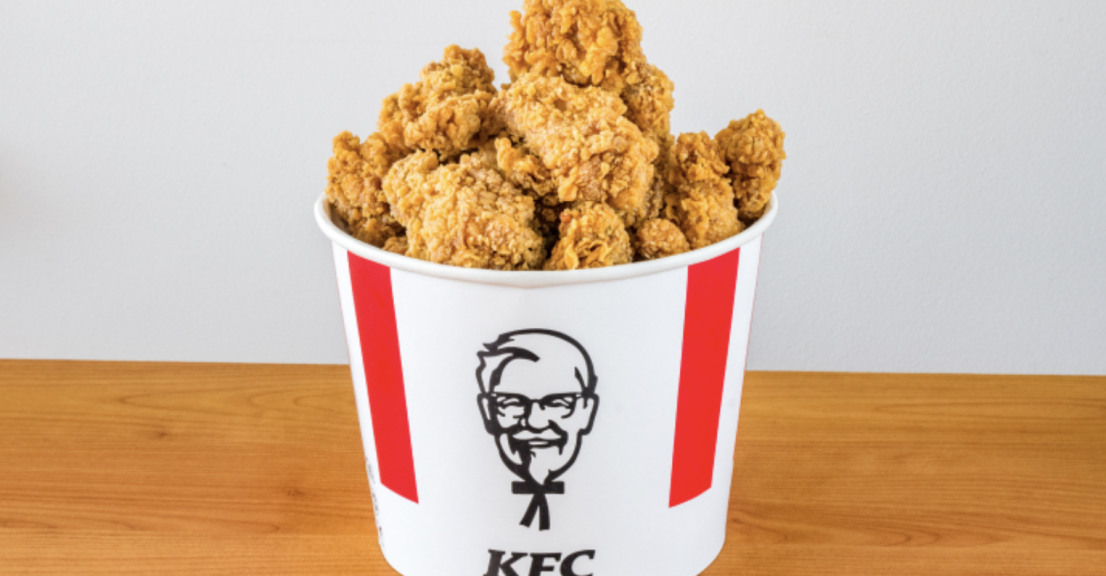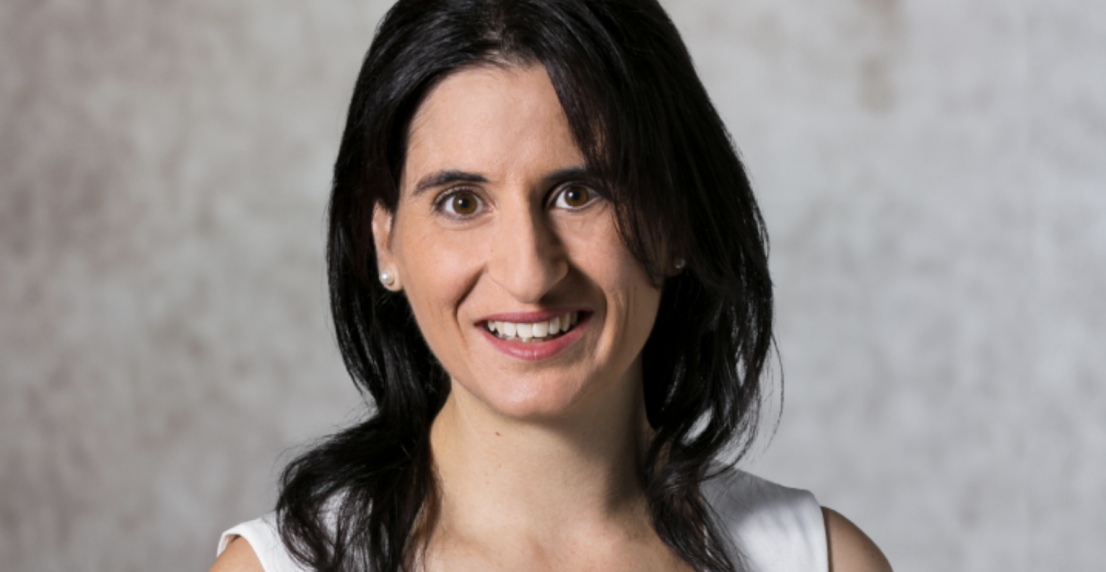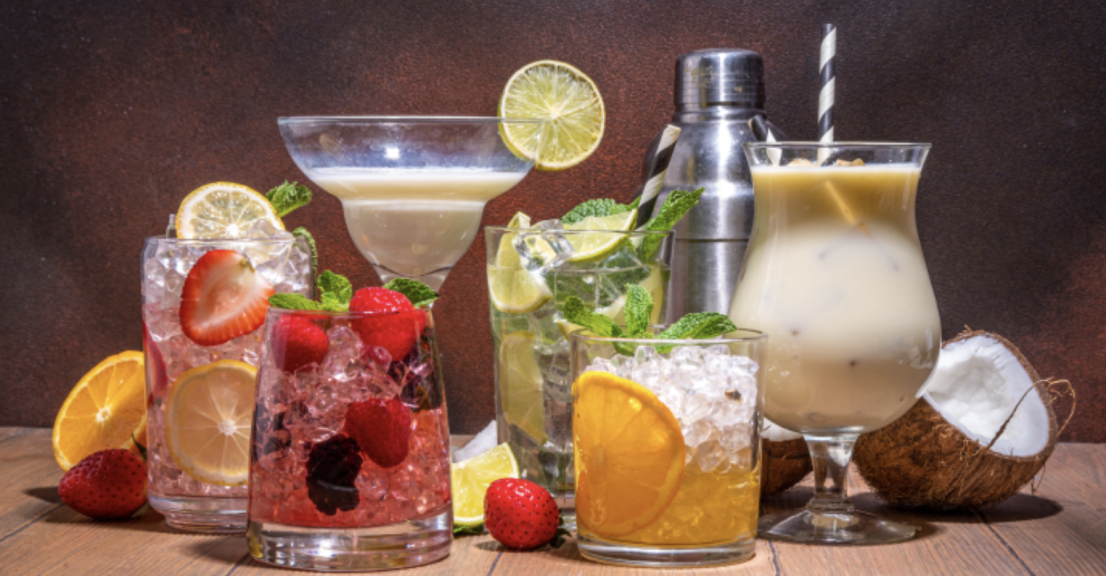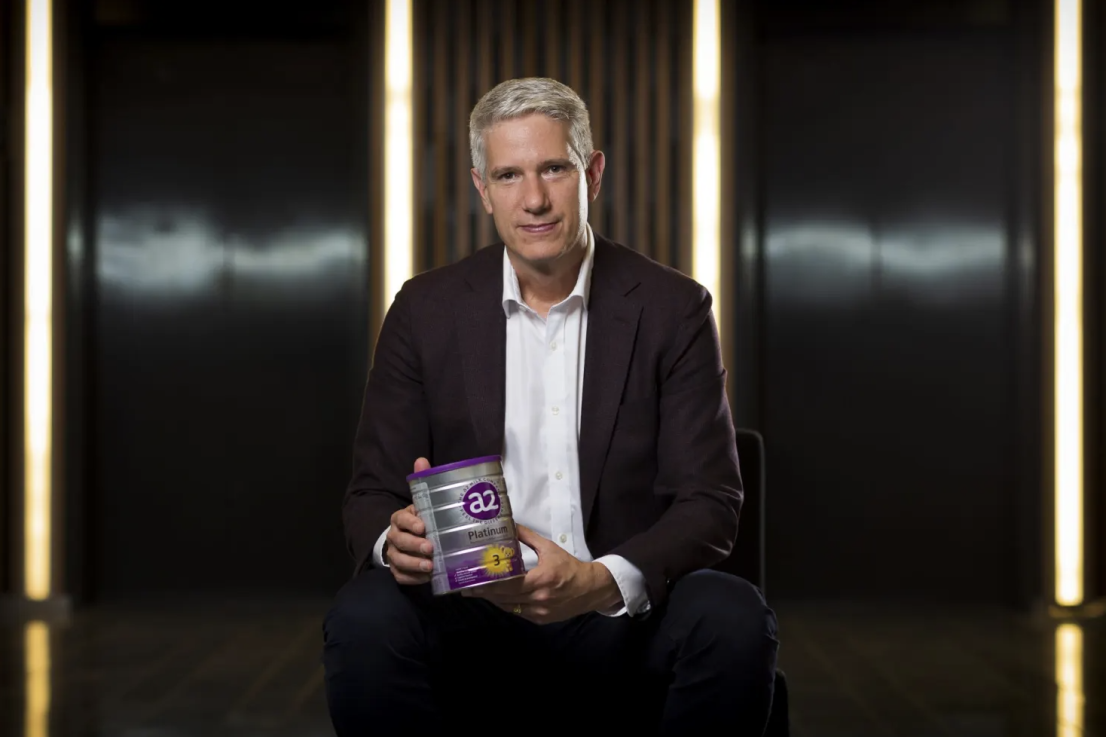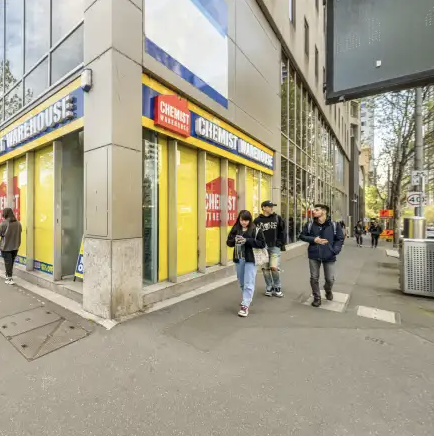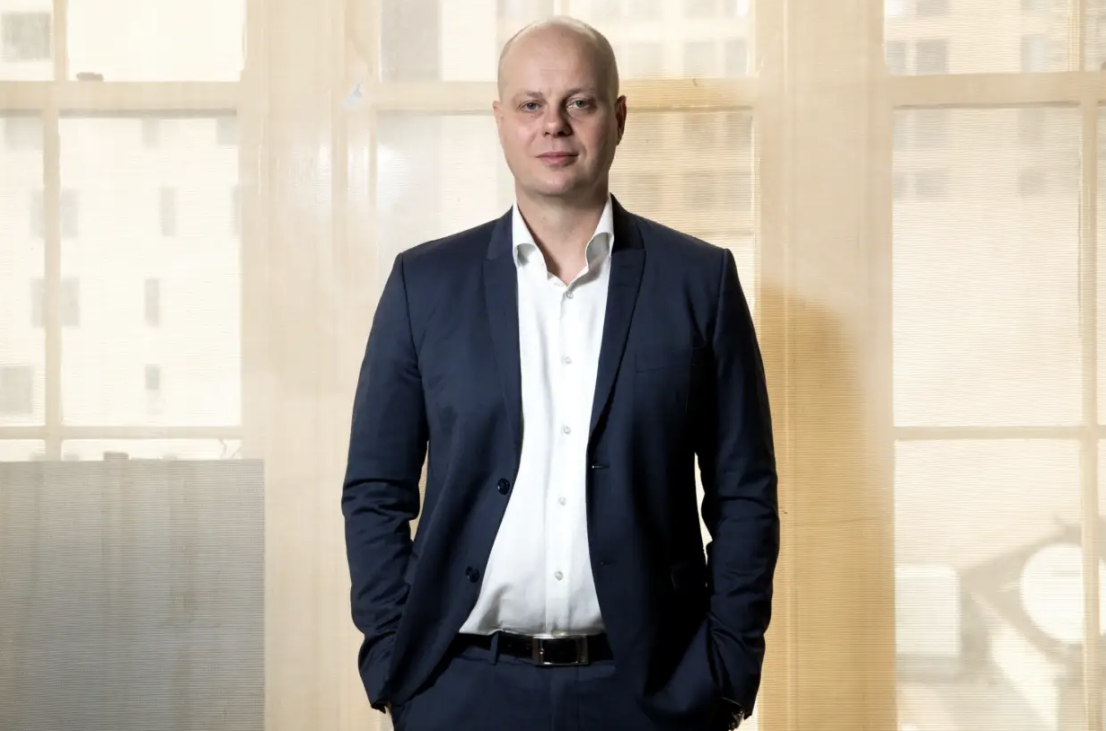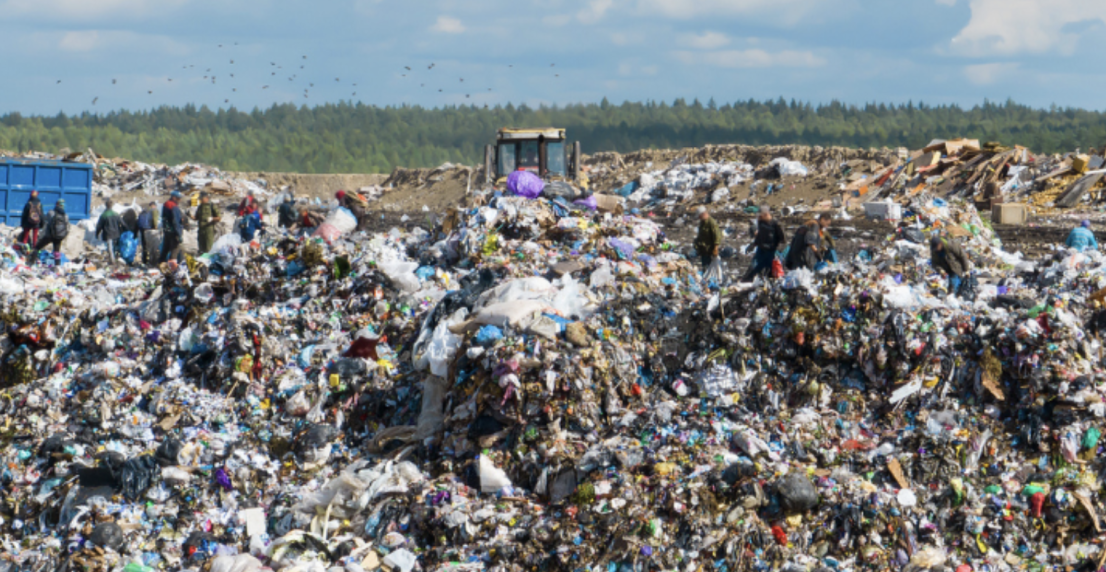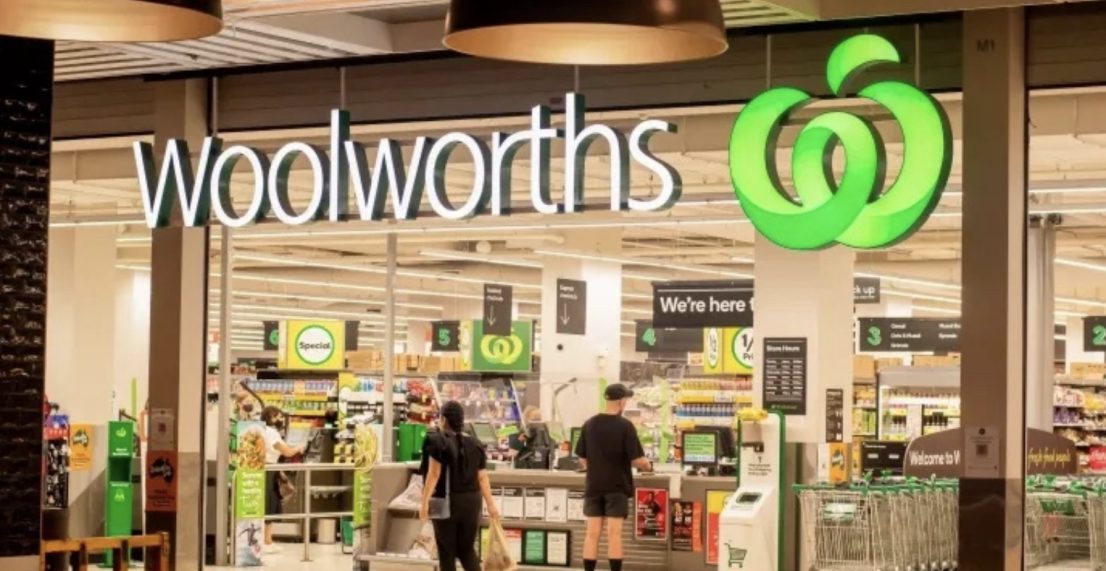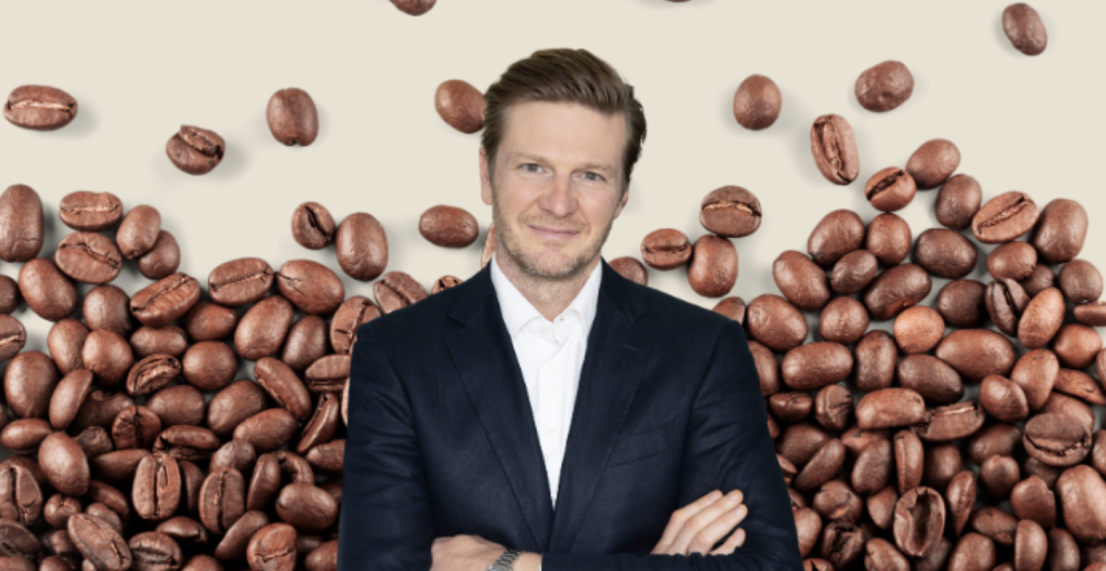
Nespresso has named Stefan Vermeulen as its new MD for Oceania, effective next month. Vermeulen will succeed Jean-Mark Dragoli, who will move forward as the global head of Nespresso Authorised Brands in Switzerland.
The company said Vermeulen brings a wealth of brand knowledge and local experience, having held leadership positions within Nespresso for more than 12 years, including leading the team in New Zealand as MD and four as head of Nespresso Australia’s professional business.
During his tenure, Vermeulen helped drive substantial growth in New Zealand by introducing the Vertuo system to the market in 2021, expanding Nespresso’s coffee range, and spearheading local sustainability initiatives.
These efforts included reforestation projects, support for educational programs on the circular economy, and strengthening the local recycling program.
Sharing his vision for the business, Vermeulen said he believes that coffee can be a force of good for people, communities, and the planet.
“The more we drive sustainable growth, the more we can have a positive impact as a brand and organisation through the entire value chain,” he explained.
“Sustainability will also remain at the core of our strategy as we explore new ways to engage more consumers with our recycling program and introduce initiatives to help us on our journey towards net zero and improve as a B Corp.”
Meanwhile, under Dragoli’s leadership, the company said it had benefited from product innovations and services that resonated with local consumers – from Aussie-inspired coffee blends to personalisation and expanded delivery services.
His prioritisation of local sustainability initiatives has also helped the business deliver on its B Corp commitments and the broader purpose of using coffee as a force for good.
Key projects include:
- An innovative kerbside recycling trial.
- A Recycling Rewards pilot.
- The launch of the company’s first Australian StartCup Challenge supporting circular start-ups and SMEs.
- A partnership with Greening Australia to build resilience in local habitats in the face of climate change.
Welcoming the new MD, Dragoli said Vermeulen deeply understands the local coffee culture, customer preferences and the nuances in each market.
“Having led and built relationships with our teams on both sides of the Tasman over the last seven years, Stefan has already established a strong foundation for success in the Oceania market,” he concluded.
“I have no doubt he will do great things in this role, leading with our employees, customers and business partners front of mind.”


